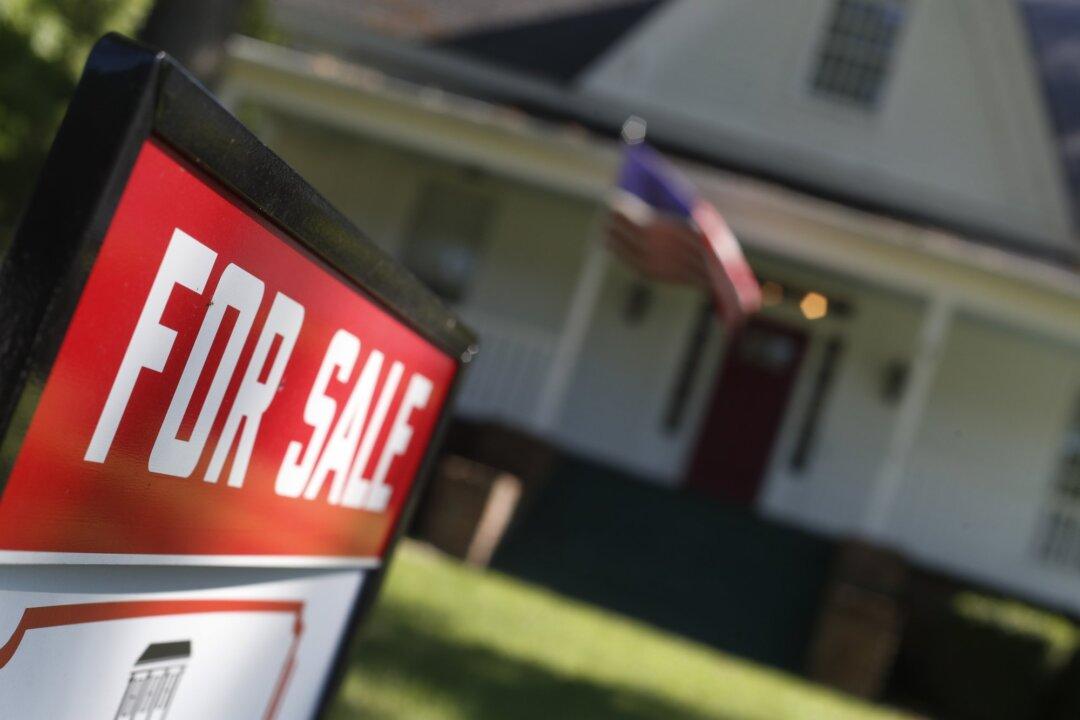Mortgage applications increased two percent compared to a week earlier driven mainly by an increase in government refinancing, according to data collected from a Mortgage Bankers Association’s (MBA) survey collected for the week ending Dec. 3.
The surge was primarily due to the refinance index increasing nine percent from the prior week on a seasonally adjusted basis. At the same time, the purchase index fell five percent from the previous week.





